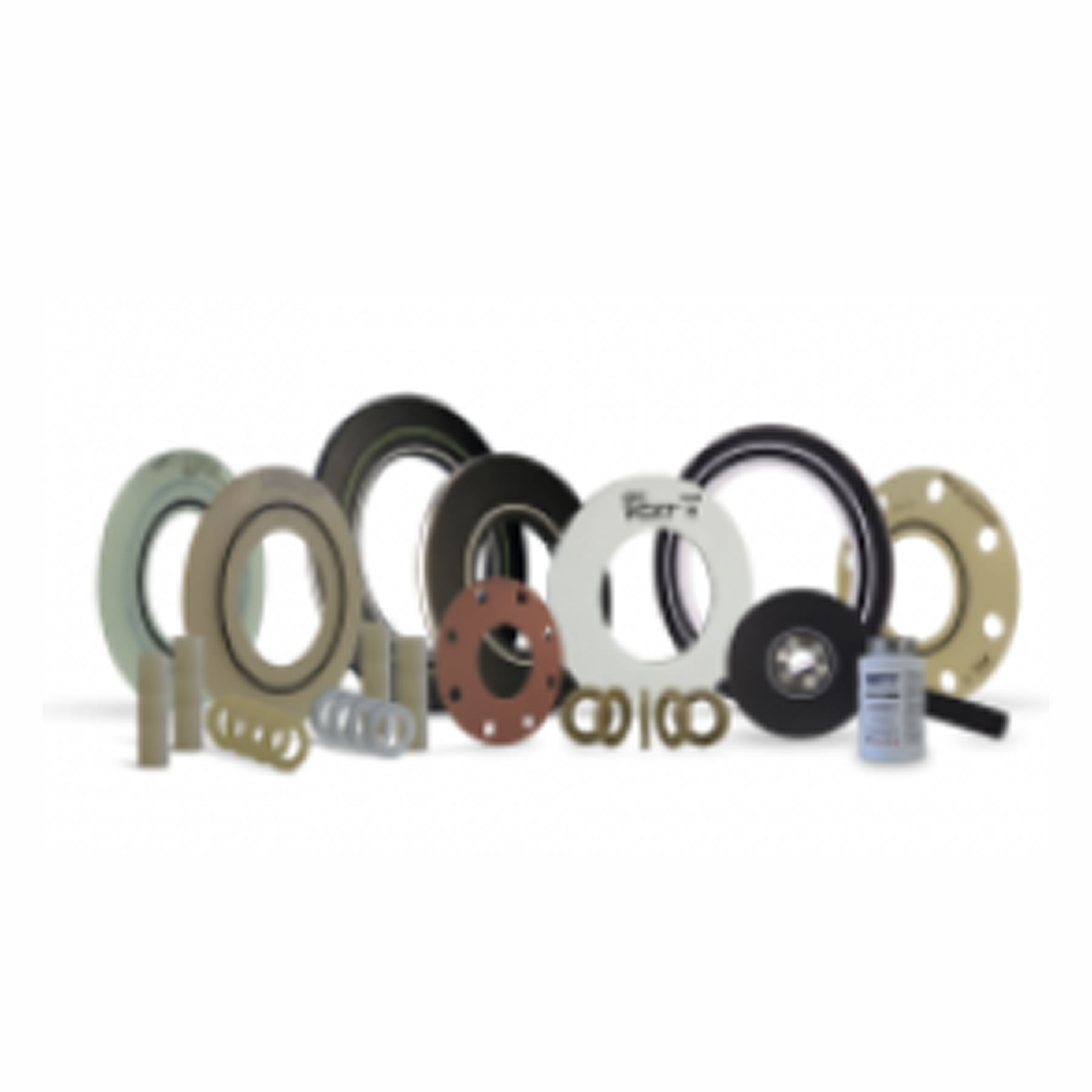
Gasket
A flange leak results in loss of product and energy, and sometimes with disastrous consequences. No plant operator wants a leak of toxic or hazardous material that can harm humans and the environment. Using the right types of gasket will help to achieve a reliable seal to prevent the leak from the flange joints.
Pipe gaskets are manufactured in many different materials. Choosing the right material is vital to suit the application and the environment where it will be used. You should refer to ASME B16.5 and consult a reputable gasket manufacturer. You will need to provide the gasket manufacturer with the following information
- Flange Type/Size
- Pressure
- Operating Temperature
- Media inside the pipe
Types of Gasket: Materials
Non-metallic
These can be made from CNAF (Compresses non-asbestos fibre), PTFE, Rubber, Teflon or Graphite. Non-metallic gaskets can compress easily with low tension bolting. They’re generally used for low pressure applications and low temperatures. One exception is graphite gaskets, which can be used for temperatures as high as 460 degrees centigrade.
Rubber and elastomer gaskets are not used for pipelines used to transport hydrocarbons
Metallic Gaskets
Metal is used for ring type joints in high-pressure applications, such as oil and gas supply production. RTJs are also used on valves and pipework, assemblies in refineries and other process industries. They seal by an initial line contact or a wedging action as the compressive forces are applied. Metal ring type gaskets are available with oval and octagonal cross sections. Octagonal include the BX type designed to seal pressure up to 20,000 psi, in accordance with API 6A pressure ratings.
Composite Gaskets
Composite gaskets are a combination of metal and non-metal material based on service requirement. Spiral wound, Metal Jacketed, and Kamprofile gasket are well known in composite gasket category. They’re used in a wide range of pressure and temperature services.
Composite gaskets are cost-effective as compared to metal gaskets, but careful handling is required. Composite gaskets are used on raised face, male-female, and tongue-and-groove flanges.

